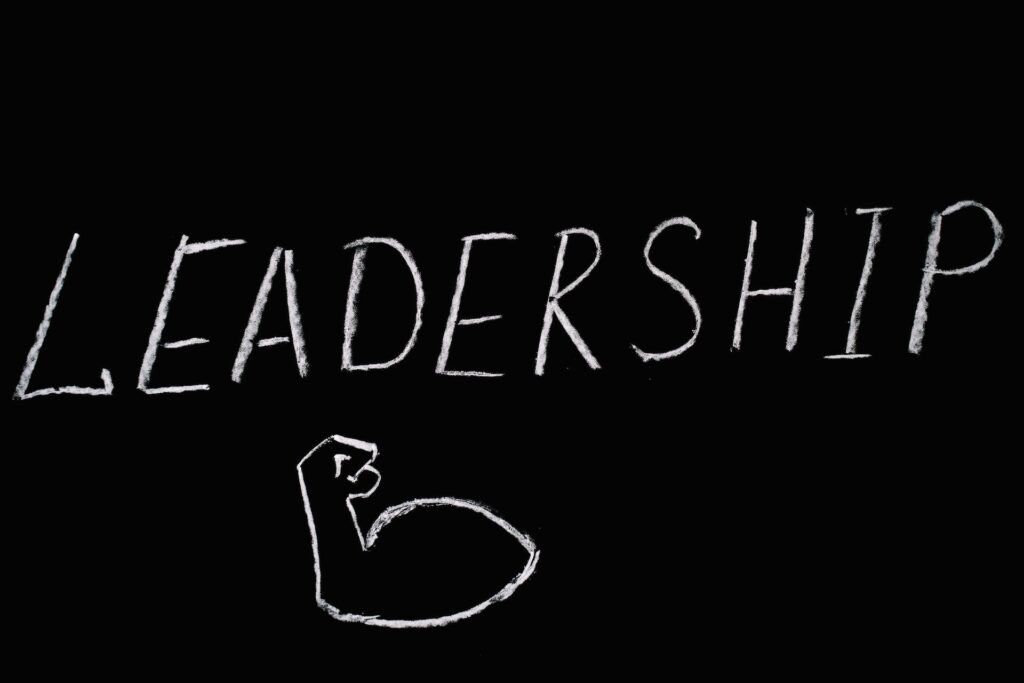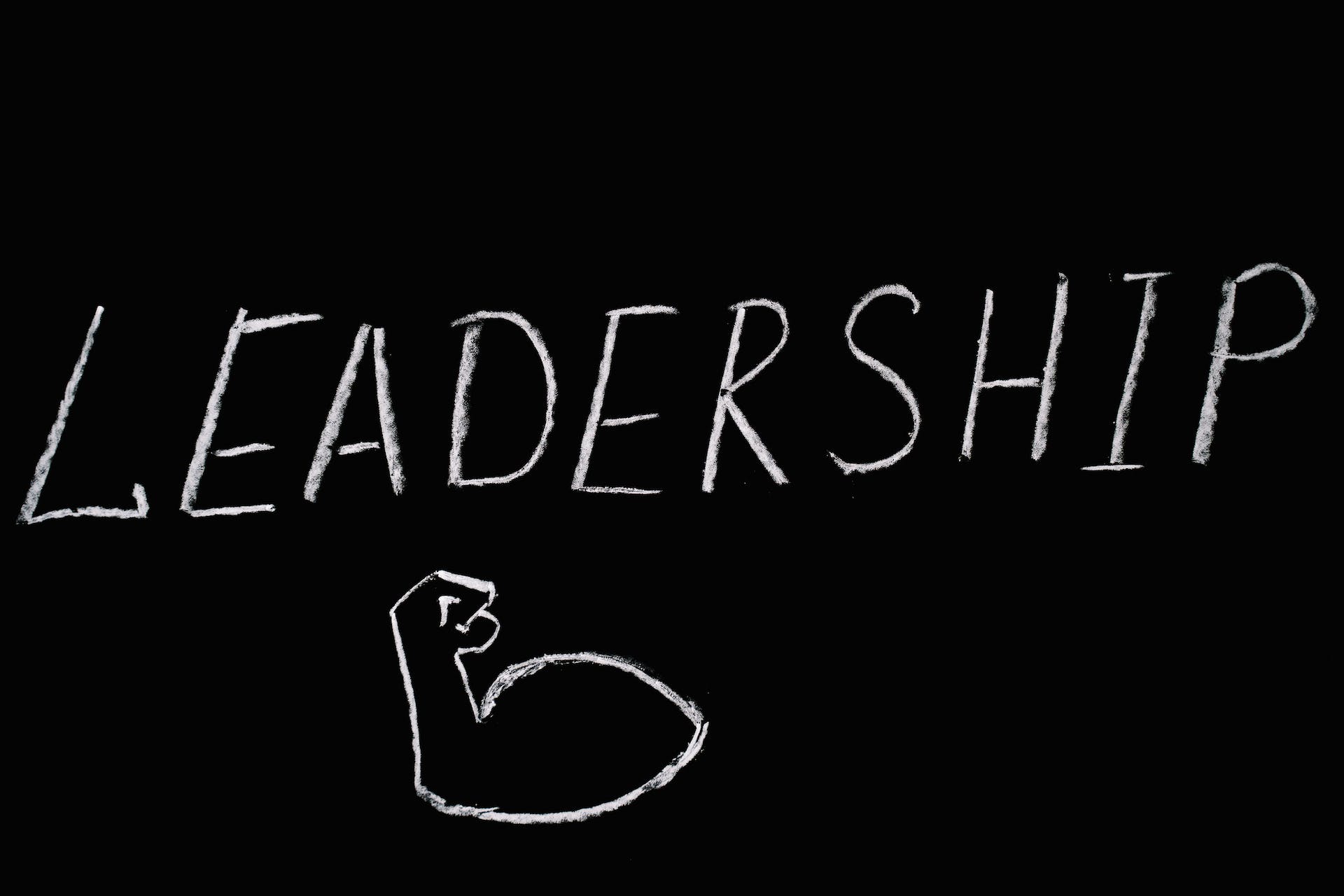Do you ever ponder what makes certain leaders seem to have that magic touch? It’s like they’ve got a sixth sense for navigating the trickiest of waters, coming out not just unscathed but on top. Well, it’s not magic—it’s a strong set of leadership soft skills, a toolkit that every aspiring leader should be itching to get their hands on. You see, it’s these skills that make the difference between a boss and a leader, and today, I’m peeling back the curtain to show you what they’re all about.
As I take you through the ins and outs, we’re not just going to skim the surface. We’ll dive deep into the heart of what makes a great leader tick, so even if you’re just dipping your toes into the leadership pool, you’ll come away with a treasure trove of insights.

Top 7 Leadership Soft Skills You Need to Master
Let me take you on a behind-the-scenes tour of the soft skills that elevate good leaders to greatness. We’re talking about the kind of skills that can’t be measured by a degree or a title but by the impact you have on your team and the results you achieve together.
1. Effective Communication
Let’s dive right into the heart of leadership soft skills, starting with the cornerstone of all great leadership—effective communication. Here’s a simple truth: the way you communicate can either build bridges or walls. Imagine your words as the conductor’s baton in an orchestra. Each phrase you craft, each story you tell, sets the rhythm and harmony for your team’s performance. Whether you’re giving feedback, casting a vision, or rallying the troops, your communication sets the tone.
- Active Listening: A two-way street where you not only share your vision but also genuinely listen to feedback.
- Clear Messaging: Your ideas need to be as transparent as glass, leaving no room for confusion.
- Emotional Resonance: It’s not just what you say, but how you say it that can stir hearts and spur action.
2. Emotional Intelligence
Emotional intelligence is your secret weapon in the arsenal of leadership soft skills. It’s your ability to navigate the emotional undercurrents of your team that defines your leadership as much as any strategic decision. It’s about:
- Empathy: Understanding the feelings of others, putting yourself in their shoes.
- Self-Awareness: Knowing your own strengths and limitations, and how your emotions affect others.
- Self-Regulation: Keeping your own emotions in check for the benefit of the team and the mission.
3. Problem-Solving
Every leader faces problems, but not every leader handles them with finesse. Problem-solving isn’t just about finding any solution; it’s about finding the right one. It’s your torch in the fog, illuminating the path forward with:

- Creative Thinking: Looking beyond the conventional to find innovative solutions.
- Analytical Skills: Breaking down complex issues into manageable parts.
- Decisiveness: Making the call when it’s needed, not when it’s easy.
4. Adaptability
Change is the only constant, and adaptability is your charm to blend in and thrive. It’s a skill that allows you to change colors and strategies to meet the needs of a dynamic environment. It means:
- Flexibility: Being open to new ideas and approaches.
- Resilience: Bouncing back from setbacks with even greater determination.
- Learning Agility: The ability to learn from experience and apply it to novel situations.
5. Conflict Resolution
Conflict is inevitable, but drama is a choice. As a leader, your role as a peacemaker is critical. It’s the soft skill that allows you to navigate the stormy waters of conflict with grace, ensuring everyone sails smoothly through troubled waters with:
- Negotiation: Finding the middle ground where all parties feel they’ve won.
- Mediation: Acting as the neutral party to help resolve conflicts.
- Counseling: Offering a sympathetic ear and wise advice to troubled team members.
6. Team-Building
Building a team is like crafting a mosaic—each piece is unique, and how you put them together creates the picture. Team-building is your blueprint for success. It involves:
- Talent Spotting: Recognizing the strengths of individuals and integrating them into a cohesive whole.
- Motivation: Inspiring your team to perform at their best, and to see the vision as their own.
- Collaboration: Encouraging a spirit of partnership and shared goals.
7. Decision-Making
At the helm of the ship, every decision you make as a leader can steer the course of your entire team’s journey. Good decision-making requires:

- Judgment: Weighing the pros and cons and the potential impact of your decisions.
- Courage: Sometimes the best decision isn’t the easiest one—it’s the one that requires the most guts.
- Responsibility: Owning your decisions, even when they don’t pan out as expected.
Each of these skills is a vital thread in the tapestry of leadership. They’re not just lofty ideals; they are practical, everyday practices that can be developed and refined. Leadership soft skills are the bridge between a good leader and a great one. They’re the silent signals of your dedication, the soft footprints of your journey to the top.
Cultivating Leadership Soft Skills for Career Advancement
In today’s fast-paced work environment, climbing the career ladder isn’t just about hitting numbers or checking boxes; it’s about cultivating leadership soft skills that resonate with people and create a lasting impact. Whether you’re leading a team, managing a project, or looking to influence your workplace culture positively, these soft skills are your toolkit for career advancement.
Strategies for Developing Your Leadership Soft Skills
To turn potential into prowess, you’ve got to have a game plan. Let’s break down some tried-and-true strategies to sharpen those leadership qualities.
Continuous Learning and Mentorship: Growing as a Leader
Never underestimate the power of knowledge and the wisdom of those who walked the path before you. Continuous learning keeps your skills fresh, while mentorship opens your eyes to insights only experience can teach. Here’s how you can keep growing:
- Workshops and Seminars: Regularly attending industry events can introduce you to new concepts and strategies.
- Online Courses: There’s a wealth of knowledge online. Tap into it to learn new leadership techniques.
- Mentoring Relationships: Seek out a mentor who embodies the leadership qualities you admire and aspire to develop.
Feedback and Self-Reflection: The Mirrors of Leadership Growth
Feedback is the breakfast of champions, and self-reflection is the lunch that sustains them through the day. To grow as a leader:

- Solicit Feedback: Regularly ask your team for feedback on your leadership style.
- Reflect on Your Actions: Take time to reflect on your actions and their outcomes daily.
- Journaling: Keeping a leadership journal can help you track your growth and reflect on your experiences.
Real-World Applications of Leadership Soft Skills
It’s time to put theory into practice. Leadership soft skills aren’t just abstract concepts; they’re tools that have real-world applications across various scenarios and industries.
Leadership Soft Skills in Different Industries
From healthcare to tech, every industry values leadership soft skills. They might manifest differently depending on the environment, but the core principles remain the same.
Case Studies: Leadership Soft Skills in Action
Let’s look at how these skills play out in real life:
- Tech Startups: See how leadership soft skills can foster innovation and manage rapid change.
- Non-Profits: Discover how emotional intelligence can drive passionate teams toward a common goal.
- Manufacturing: Understand how decision-making and problem-solving are crucial in a process-driven setting.
Overcoming Challenges with Leadership Soft Skills
Challenges are part and parcel of the leadership experience. The true test of your soft skills is not just in navigating smooth waters but in steering through storms.
Turning Obstacles into Opportunities: A Leader’s Journey
Every obstacle you encounter is an opportunity to demonstrate your leadership abilities. Here’s how you can approach challenges:
- Adaptability: When faced with change, be the leader who can pivot and adapt strategies quickly.
- Resilience: Show your team how to bounce back from setbacks with grace and determination.
- Innovative Problem-Solving: Encourage creative solutions and foster a can-do attitude within your team.
Conclusion
Now that we’ve journeyed through the realm of leadership soft skills, it’s clear they’re the unsung heroes of a successful career. Embrace continuous learning, welcome feedback, and apply these skills to make a tangible difference. Are you ready to elevate your journey in leadership? Start today by identifying one skill to enhance, and take the lead in your professional development. Share your goal with us, and let’s grow together!





